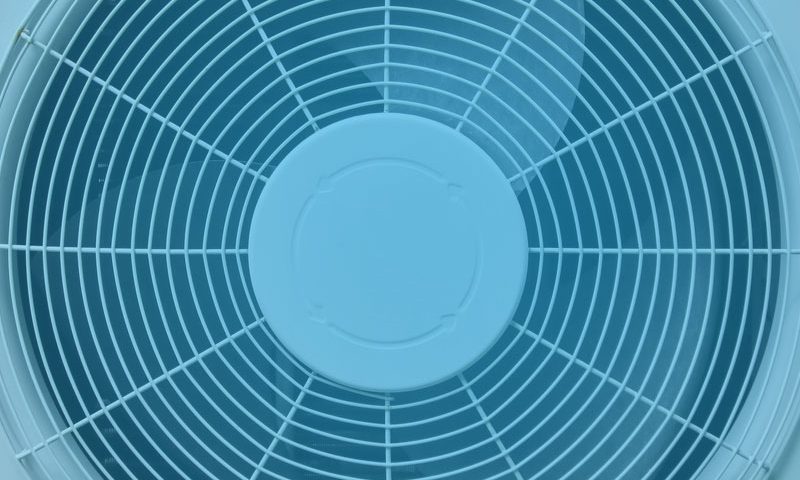
Heating, ventilation, and air conditioning (HVAC) systems play a crucial role in maintaining comfortable indoor environments in both residential and commercial settings. However, traditional HVAC units are often designed to operate at their full capacity, which can lead to energy inefficiency and unnecessary expenses. In recent years, the focus has shifted towards optimizing part-load efficiency in HVAC systems to strike a balance between comfort, energy consumption, and cost savings. This article explores the concept of part-load efficiency and its significance in the realm of HVAC systems.
Understanding Part-Load HVAC Efficiency
Part-load efficiency refers to the ability of an HVAC system to perform efficiently and maintain optimal conditions when the demand for heating or cooling is lower than its maximum capacity. Traditional HVAC units, designed to operate at full load, tend to cycle on and off frequently, resulting in energy wastage and temperature fluctuations. Part-load efficiency, on the other hand, allows HVAC systems to adjust their output to match the actual demand, leading to smoother operation and more energy-efficient performance.
Challenges with Full-Load Operation
Energy wastage: Full-load HVAC units consume excessive energy when the demand for heating or cooling is lower than their maximum capacity. This not only leads to higher utility bills but also increases the carbon footprint of the building.
Temperature fluctuations: HVAC systems operating at full capacity may overshoot the desired temperature, leading to discomfort for occupants. Cycling on and off frequently can create temperature swings, reducing indoor air quality and overall comfort.
Wear and tear: Constantly cycling on and off puts stress on the HVAC components, leading to increased maintenance needs and shorter equipment lifespans.
Benefits of Part-Load Efficiency
Energy savings: Part-load efficiency allows HVAC units to scale their output based on the actual demand, leading to significant energy savings. By using only the required amount of energy, building owners can reduce utility costs and contribute to a greener environment.
Enhanced comfort: HVAC systems with part-load efficiency maintain a more consistent indoor temperature, avoiding abrupt temperature swings and ensuring occupants' comfort throughout the day.
Extended equipment life: Reduced cycling helps minimize wear and tear on HVAC components, leading to longer equipment lifespans and lower maintenance expenses.
Reduced carbon footprint: By consuming less energy, part-load HVAC units reduce greenhouse gas emissions, making them more environmentally friendly and sustainable.
Improving Part-Load Efficiency
Variable-speed compressors: Upgrading to HVAC units equipped with variable-speed compressors allows the system to adjust its output to match the current demand accurately.
Zoning systems: Implementing zoning systems enables the HVAC unit to distribute conditioned air selectively to different areas, optimizing comfort and energy usage.
Contact A/C Systems of Jacksonville for more info on your HVAC System and how we can help you.
